I’m no stranger to difficult games. Back in my halcyon days, I cut my teeth playing 8- and 16-bit titles that lasted an hour but demanded at least a week or two to beat. I’ve finished Dark Souls and its brethren, and I’m proud to say that I’m one of few video game journalists who managed to complete the Cuphead tutorial. But pride, as they say, comes before the fall. Like a master before a pupil, Sifu managed to humble me often. It’s a hard game, but the challenge came in ways I didn’t often foresee.
Sifu is your classic martial arts tale of vengeance, and doesn’t strive for much else. Your character, who can be your choice of male or female, sets out on a path of revenge after being left for dead by five former students of your master and father. The story is just the framework, in the end. Sifu, at its core, is a third-person beat ’em up. You use your mastery of kung fu to dispatch dozens of enemies using fast fists, flying feet, and an assortment of weapons like bats, blades, and a bo staff.
You can’t mash your way to victory in Sifu. Mastering the game requires patience and lightning-fast reflexes. Parrying enemy attacks for a counter, and knowing just when to back away from that huge guy coming in for a hug, are what you need to know in order to survive. But don’t get me wrong. You’re going to die in Sifu. A lot. That’s actually kind of the point.
Your confidence is disproportional to your abilities
You’ll become intimately acquainted with death in Sifu. The first time it happens will most likely be in the first level. Perhaps you ignored an idling, nearby thug long enough for him to get close and thunk you in the back of the head with a pipe while your attention was on his friend. A screen pops up, showing your death counter rise by one. You’re asked if you want to spend any gained experience points on an ability, and whether you want to resurrect or give up and try the level again.
Resurrection is the central conceit of Sifu. A mystical pendant dangling off your waist magically returns you to the fight. But like a grim monkey paw, it doesn’t come without consequences. Dying adds a point to a death counter, which ages you equal to its amount. Die once and a point is added, and you age one year. Die again and now you have two points, aging you two years. This continues until you hit your mid-to-late 70s, and one more death is the end. Your character physically grows older, with branching wrinkles and steadily graying hair.
Aging is more than just an aesthetic. At specific levels of advancing age, your attack power goes up but your overall health pool drops. You also lose the option to unlock certain abilities based on your character’s age, so you’ll have to restart on earlier stages if you’re too old to get the ones that catch your eye.
If, at this point, you’re wondering if Sifu is a hard game, then let me clear the air. Yes. Sifu is a damn hard game. In fact, out of the examples I mentioned, Sifu is among the most difficult of “modern” hard games I’ve played in some time. The amount of colorful language that filled my home should have been nearly enough for my neighbors to want to call an exorcist. But in my defense, a healthy portion of that frustration was aimed at the game’s bizarre difficulty progression.
There should be a new, stronger word for killing
Sifu has a bit of a balance problem. The first level goes by typically enough. It teaches you ways to dispatch enemies and avoid their attacks, while stopping once and a while for a brief tutorial like how to hop over objects. The boss at the end is likewise as expected: challenging, but not too punishing, while introducing the peculiar, supernatural flair that flows through the game in later acts. Boss battles in Sifu run along the same principles of Souls-likes, in that you win by being patient and observing behavior — which you learn early on. However, its second level is less of a difficulty curve as it is a difficulty wall, and demands you learn how to scale it while you resist trying to tear your hair out.
To set the scene, it took me roughly an hour to complete the game’s first mission and nearly eight hours for the second. The early moments of the stage don’t clue you into what’s coming, though. It drops you outside a large club, where you fight your way in and dispatch some punks to the throbbing beat of tech music not loud enough to drown the comforting screams.
Things were going well. That is, until I got spirited away to a burning village filled with enemies who could shrug off most of my best moves and shave off chunks of my health bar in a couple of punches. The boss was especially keen on embarrassing me. Stages in Sifu include keys to unlock shortcuts, allowing you to circumvent large swathes of enemies, rooms, and hallways to place you closer to the end. However, in this case, the shortcut led to the gauntlet of tougher, almost mini-boss-like enemies, who stood guard before the boss. Cue hours of me running back into the blender, over and over.
If you’ve got an ass, I’ll kick it
Once that wall is scaled, the curve oddly drops. The third stage was almost too easy by comparison. It could have been by design, an act of mercy by developer Sloclap after the game raked me over the coals for the better part of a day. Even the shortcut was surprisingly kind: two thugs stood between me and an elevator that took me straight to the boss’ chamber. No blender this time. The challenge evened out in the final two stages, only for the last boss to kick my ass up and down the block for hours.
I know my own skills increased over the course of my playthrough, especially with my ability to avoid attacks. But I’m not confident in my own gaming talents to boast; this is how the flow of Sifu worked in my experience, and it was far too jarring.
And yet, I kept going back. No doubt some of the reason was due to my own stubbornness when it comes to difficult games. But that would be selling the game short. When firing on all cylinders, Sifu is a joy to play and a spectacle to witness. Sloclap put Pak Mei master Benjamin Colussi in a mocap suit to record each punch and kick, resulting in motion that shines with authenticity. Sifu‘s audio is also superb, powering each meaty thwak of a fist or bat, as well as the yelps of surprise and pain from your foes. The end product is crisp, beautifully animated gameplay, where every close-angle beatdown practically reverberates from the screen. You’d almost feel bad for the enemies you’ve laid to waste. Almost.
The combat is tight and nuanced. A focus bar, that recharges during fights, allows you to pull off a powerful Focus Attack on most enemies. You start off with a devastating eye strike, but can later unlock new moves, such as ones that utilize weapons. Structure dictates you and your opponents’ resilience (or defense), and it shatters when enough damage is dealt. Breaking your foe’s structure lets you pull off an assortment of contextual finishing moves. Among my favorites is one used on an enemy on the ground, where you bear down with a flurry of strikes — I imagine Ip Man would nod with satisfaction.
There will be a chosen one
The game borrows some elements from rogue-lites, without committing all the way. Levels, for example, are static and mostly linear. However, your character evolves by unlocking abilities. Most of your new moves are purchased with experience points. Abilities, purchased once, are lost with a game over. Dumping more experience points eventually unlocks them permanently. Over time, your performance in Sifu should noticeably improve as you gain more options in fights.
Shrines dotting the levels also contribute. These jade dragon statues offer a choice of increasing your health gains for using finishing moves, upping your melee damage, changing your death counter to zero, using experience points on abilities, and more. Restarting or going back to older levels remove these buffs, so keep that in mind.
Still, it’s encouraged to retry levels and beat them at a younger age. Doing so will save your age, death counter, and shrine buffs for the subsequent level, giving you a better chance to make your way to the end of the game.
And now, I’m going to beat you up
There are some problems that new abilities aren’t likely to fix, though. Sifu has some technical foibles. The game hitches on occasion, and there are rare moments of button prompts refusing to work. Sifu‘s camera creates problems as it moves for angles during the action, sometimes blocking your vision of the guy about to knock your teeth out. It also likes to get stuck on walls when you get pushed back too far. And you can’t really dodge roll past enemies as much as weakly bump into them.
Moves that require directional inputs — akin to a fighting game — need some tweaks. More than once, I’d try and pull off something like a leg sweep against someone, only for my character to kick in the opposite direction. These issues seem small, but they do mount up. After all, the combat is tough enough. I don’t need the game to fight me as well.
Thankfully, the game is mostly a smooth experience. Sifu includes a handful of visual options, but for the most part, it won’t stress your PC. The visuals are clean — sporting an attractive, almost painted art style — but uncomplicated. Sifu does include DLSS support but, again, you probably won’t need it. I was rocking over 300 frames on Ultra quality with my 2080 Super and Ryzen 9 5900X. The game recommends a GTX 970 and i7-6700K.
I’m bleeding, making me the victor
I certainly had my ups and downs with Sifu. For the most part, I believe many issues I have with the game, like the balance, can be smoothed out over time. I don’t feel everything can be fixed, though. After fighting for 20 hours, I got a rather unsatisfying ending. Though I believe it can differ based on your age when completing the game. Following the final scene, you’re unceremoniously dumped back into your headquarters. I get that Sifu leans heavily on replayability. However, simply dropping you back with nothing more than a “good, now do it again, but better” robs the accomplishment of some gravitas. While I’m sure the most masochistic among us would relish the chance at restarting, I was hoping for something tangible. But again, there may be a more rewarding conclusion for those who seek it.
Regardless, I enjoyed Sifu. I was raised on Chinese action movies starring Jackie Chan and Jet Li so, as a fan, Sifu is the martial arts game I always dreamed about. And I got it. The game is fast, engaging, and when I’m convincing myself not to snap my controller in half, a lot of fun. As for how much I want to “do it again, but better,” I think I’m good for now. The bruises are still fresh, though I consider them marks of honor. With this, my pride is mostly restored; the student is now the master. Or, at the very least, a respectable brown belt.
Sifu review — Age before wisdom
Source: Philippines Poverty
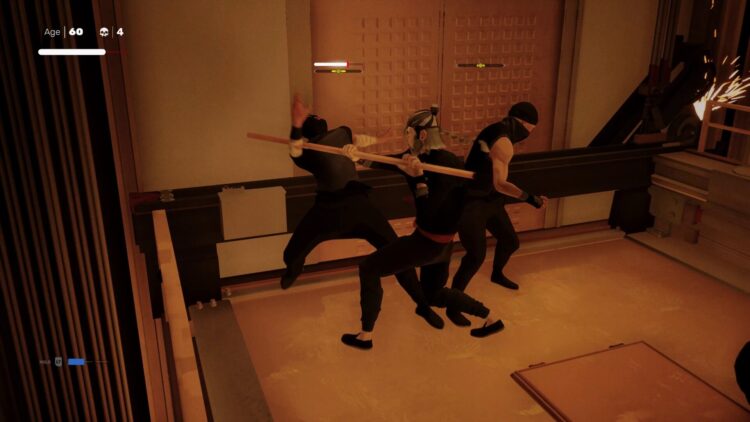

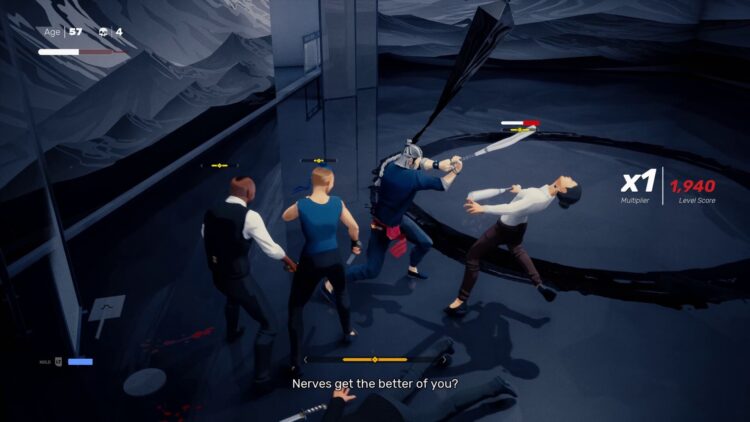
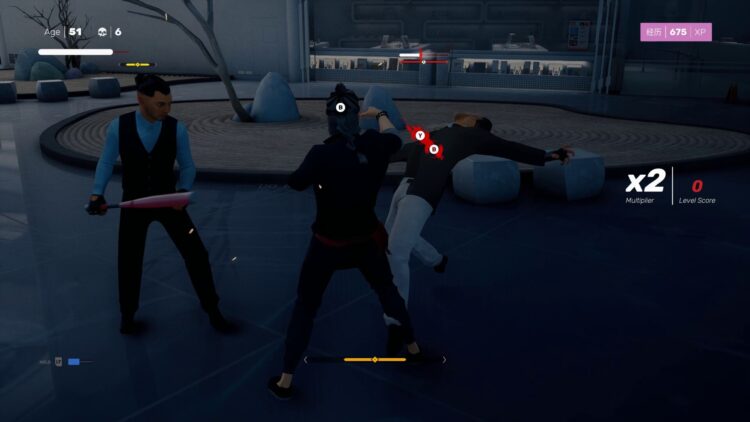
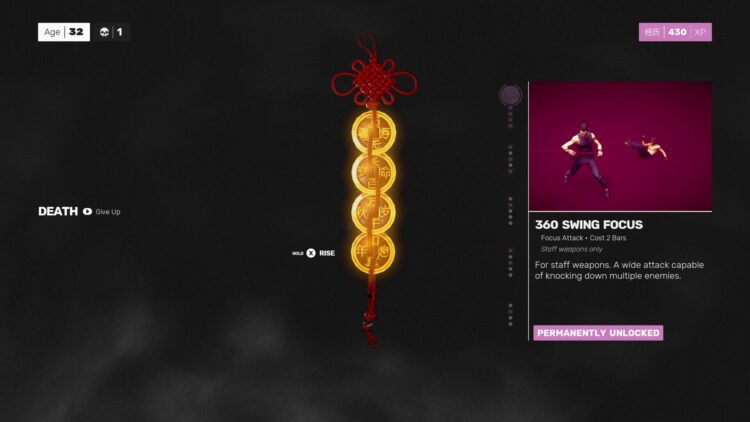
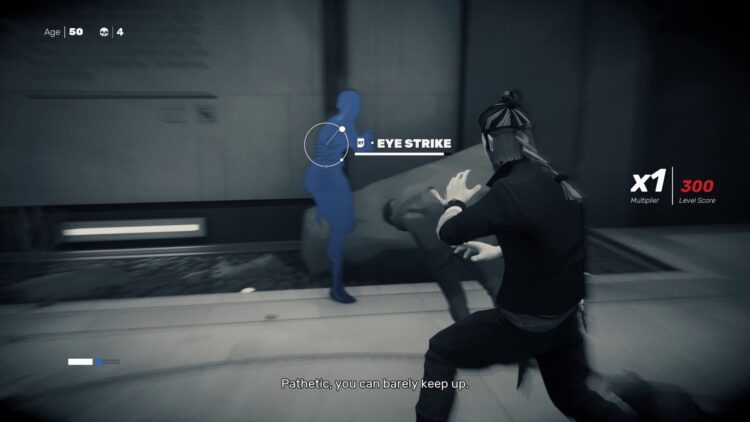
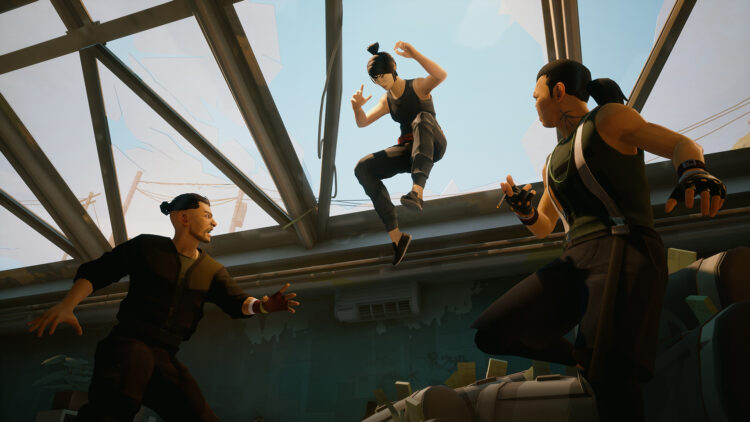
0 Comments